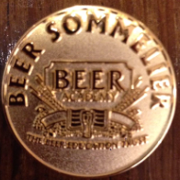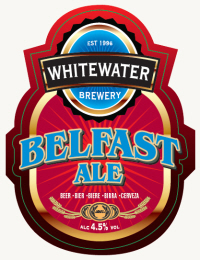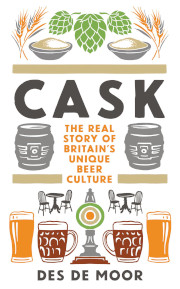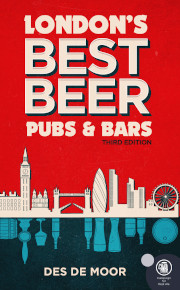Top Tastings 2009
ABV: 4.5%
Origin: Kilkeel, Dúin, Northern Ireland
Website: www.whitewaterbrewing.com
Ireland is a mixed bag of a country for the beer connoisseur. The island gave us one of the world’s classic styles in dry Irish stout, but domestically the nitrogenated evolution of that style has been instrumental in building what’s now the duopoly of two global giants, Diageo and Heineken. In the Republic, a handful of micros struggled to grab and maintain a toehold on the market even during the boom years of the Celtic Tiger economy. In the six counties of Northern Ireland, there’s been something of a resurgence in cask ale in recent years, thanks partly to the growth of the Wetherspoons pub chain, which has a presence in most of the major towns, and partly to the space for cultural change opened up by the “peace process”. Wetherspoons import quite a lot from the mainland, but there are two now well-established Northern Irish micros and two more recently opened.
In early summer of 2009 I finally pinned the last of the major British capitals on my facebook TripAdvisor map with a trip to Belfast, and took the opportunity to try some local brews. The one that brought the biggest smile to my face was Belfast Ale from the Whitewater brewery, founded in 1996 near Newry. I might also have been influenced by first encountering it on handpump at the mosaic and stained glass-encrusted Crown Liquor Saloon, one of the star heritage pubs of the British Isles, which still manages to be a relaxing and welcoming drinking hole with top notch beer despite being an essential stop on the city’s growing tourist circuit.
Belfast Ale has been classed here as a bitter but it displays its local provenance by exhibiting shades of the near extinct style of red Irish ale, as well as a biscuity maltiness reminscent of traditional Scottish styles — besides geographical proximity, the region has deep and tangled historical and cultural ties with the West of Scotland. The colour and grainy biscuit quality result from the presence of torrefied wheat and unmalted roast barley, the latter also an essential ingredient in classic dry stout.
The beer is a good rich reddish-amber with a mainly malty aroma. A smooth malty palate has tasty red fruit notes and a light but drying bite of hops. The swallow is quite pursing, setting up a drying finish with light but definite hops, a minerally touch of roast and a late treacle toffee notes. A substantial, well-balanced and very decent beer named for a fascinating and welcoming city.
Read more about this beer at ratebeer.com: http://www.ratebeer.com/beer/whitewater-belfast-ale/31973/






Leave a Reply